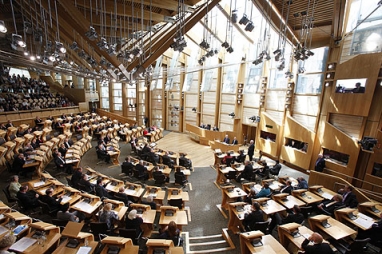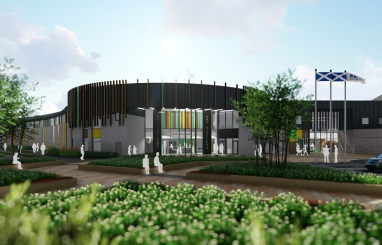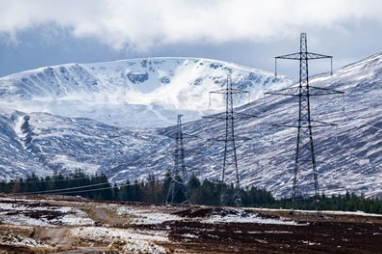Political uncertainty blamed for Scottish construction slowdown

The latest Construction Market Survey by the Royal Institution of Chartered Surveyors (RICS) shows that growth in Scottish construction activity slowed significantly during the first quarter of this year.
The survey revealed that workloads in the private industrial construction sub-sector fell for the first time since 2012. Political uncertainty is being blamed for the slow start to the year with activity down ahead of the 23 June referendum on UK membership of the European Union and the Scottish Parliament elections next month.
Workloads grew relatively firmly, with a net balance of 18% of respondents reporting a rise in construction activity across Scotland. Construction activity in the commercial and public non-housing sectors continued to rise steadily, while 4% of respondents reported a decline in activity in the private industrial sector.
The housing market appears positive, with 21% and 16% of surveyors reporting growth in activity in the private and public sectors respectively. Looking forward, confidence for the construction sector in Scotland also looks positive, with 50% more respondents expecting workloads to rise rather than fall over the next year. Encouragingly, 39% of contributors expect employment in the sector to increase over the next year.
Notwithstanding the positive feeling around activity and employment, 63% of respondents highlighted a shortage of skills as a key barrier for potential growth.
Commenting on the survey results, Sarah Speirs, RICS director in Scotland, said: “Planning delays and skills shortages are the biggest barriers to growth in the construction sector. Within our manifesto to the next Scottish Government, RICS calls for the introduction of Construction and Planning Skills programmes. These should include building experience within the industry short term and recruiting more people to impact the medium and longer term.
“That said, there are additional barriers to growth and we cannot discount the climate of uncertainty caused by the forthcoming Scottish elections and EU referendum. We know that a range of sectors have been affected by these issues as investors look to delay any decisions until a final outcome has been determined, and construction is no exception.”






Comments